The thin wall, or nasal septum, between your nasal passages is primarily made up of bone and cartilage. A deviated septum occurs when the nasal septum is crooked or off center and causes one nasal passage to be significantly smaller than the other. Often times, people are born with a deviated symptom but, in some cases, it can be developed after an injury to the nose. This condition can make breathing difficult and cause many other symptoms. Read on to find out more:
Symptoms of a Deviated Septum
In many cases, those with a deviated septum won’t even know they have one and will not experience any noticeable symptoms. In more severe cases, one may experience some or many of the following symptoms.
1. Nosebleeds caused by a dry nasal septum.
2. Obstruction of the nostrils may be an issue on a daily basis and can be exacerbated by a cold or allergies.
3. Heavy breathing or snoring due to the reduced size of one or both airways.
4. Facial pain that is felt on one specific side of the face may be caused by a deviated septum.
5. Difficulty sleeping due to obstructed nostrils. One may prefer sleeping on a specific side of the body to make breathing easier. Sleep apnea may be another side effect of a deviated symptom.
6. Recurring sinus infections from postnasal drip.
If you suspect you may be suffering from a deviated septum, we recommend consulting with your doctor to explore treatment options. In some cases, medicine may provide relief. However, in a more severe case, a septoplasty may be necessary. Your doctor can provide useful information and help you develop an appropriate plan of action.
Plymouth Ear, Nose and Throat is here to help! Please call us at 508-746-8977 to schedule your appointment today.

